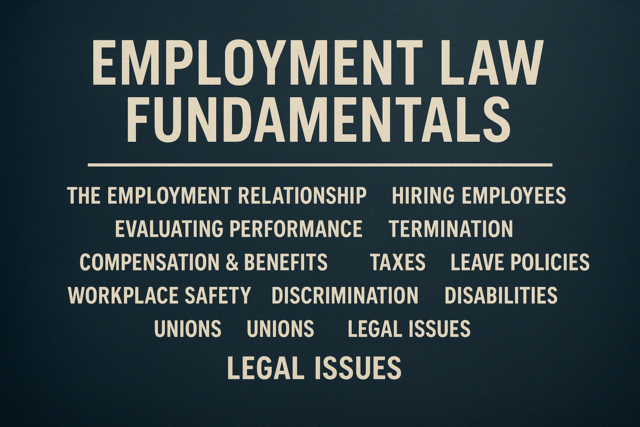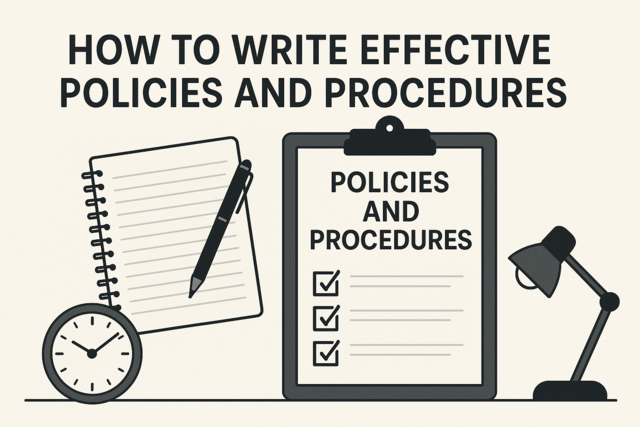Nothing happens in any kind of organization without decisions being made. Even the organization's very existence would not be possible had someone not decided to start it. A person makes thousands of decisions in varying degrees of importance every day, so it's fairly easy to imagine how many decisions are made daily in a business. They are continuous, with the results of one decision affecting the next one and the next. Decisions are a vital part of society, yet people largely pay them no mind until things get serious.
Nearly every decision counts towards the success (or failure) of the business and the continued balance of its organizational behavior. There are more types of decisions that are made in a professional setting than one would expect, and the effects of being careless or failing to think things through in making a decision can be quite extraordinary. This article will explore the role and effects that decision making has in business and organizational behavior, with a look at who really has the final say.
How Decision Making Works in Organizational Behavior
In business, some of the decisions tend to require more in-depth contemplation due to their complexity or the gravity of the situation. There's more to consider and the effect of the potential outcome can extend beyond the decision maker, depending on what their role is in the business.2 The role decisions have in organizational behavior can cause the different aspects to shift one way or the other and alter the dynamics amongst the staff. The clientele of the business can also be directly and/or indirectly impacted by internal decision making. Depending on the size of the company, decisions can carry some weight to them as there can be hundreds or even thousands of people affected. With that in mind, significant business decisions should be thoroughly thought through first.
Types of Decisions in Business
- Strategic-Decisions that are strategic in nature tend to focus on what the next step is and what is the best way to get there. These follow a specific process in order for the outcome to be the most beneficial for the business and its agenda. Taking such an approach involves the application of a formula of sorts to come to a viable solution for the problem at hand and looking at as many of the options that are available as possible.3 Strategic decisions usually require a some degree of analysis and the ability to prioritize.
- Routine-Mostly the basic, everyday decisions that are a dime-a-dozen in society. Some routine decisions, however, may not seem so routine outside of the business. The everyday in a professional sense is not going to be the same as it is for the personal. A routine decision often is one that is made repeatedly and no longer needs any prolonged deliberation for a person to reach a conclusion, even though they might have in the beginning. Think of the habits that have developed in your own job in relation to your decision making; you've done them enough times that you really are not actively thinking about them when you act.
- Impromptu vs Planned-Also considered split-second or shooting from the hip decisions, impromptu decisions are choices made in the heat of the moment. There usually isn't any time to debate options and thoroughly analyze the situation. Compared to the traditional planned decisions that most people face, you can't easily predict what the outcome of your choice is going to be. There's roughly a 50% chance that you're wrong. If you're right in your decision, then it may be chalked up to luck or chance depending on the situation. Most of the time, the "big" decisions in a business are going to be plannable and it's rare that the right circumstances present themselves for a major decision to require an impromptu response. IF that does happen, then it might signal that something is very wrong in the business.
- Policy, Administrative, and Executive4-These three are going to be made by those higher up in the business' hierarchy, but will have a greater impact on the business as a whole. They can shape the structure and actions of the company, directly impact customers, and trickle down to affect the decisions made further down the ranks. Policy-based decisions tend to be the most frequent of the three and have the most noticeable effect since these are decisions that impact the fundamental rules of the business. Administrative decisions are the ones most associated with those in management. Occasionally, these have a more isolated effect, such as firing someone or assigning tasks to a group. Executive decisions are reserved for those at the very top and can override every decision down to the bottom. They hold the most power in the business, which can be very problematic if mishandled.
- Ethical-While ethics will play a role in nearly every single decision made in a business, there will be some that are focused on ethics. These typically include any decisions that can directly impact the codes of conduct the business operates on or those that may be restricted by legal or social ethics. There is usually an option that leans towards "good" and one that leans towards "bad", with most people instinctually selecting the good choice. While that's not always the case, many people will often take their time in considering the problem at hand before making their decision.
The Role and Impact of Ethics
Ethics and decision making often go hand in hand in the business world. A decision that violates ethical standards can lead to significant backlash from the public and from the law. The impact can be incredibly damaging for the business, and it may not be possible to recover from the ramifications of not abiding by an ethical code. The ethical standing of a person who is or may be in a position of power in a business making can be a way for others to predict the outcomes of their decisions, which can be a deciding factor in giving them that power in the first place.
When a decision is made that goes against the accepted ethics, there are often consequences that the person and the business need to face. This is still the case when an ethical violation was not the intention, as even carelessly made decisions can have ethical consequences. If, say, an employee operating machinery in a factory chooses to not follow all safety procedures out of laziness or to save some time, it could be seen as an unethical decision because it has the potential to put people's lives in danger. Those who are put in positions where they may have to make serious decision need to be comfortable with and aware of the ethics of the situations they may face.5
Who Has The Power?
Technically, everyone in the company has the power to make or influence decisions and generate an impact on the organizational behavior of the business. Each person is a functional, independent part of the business, and they do have some control over what effect they have through their particular role. However, certain positions have more power than others and therefore their decisions can lead them to have more control over the business. Someone who is in management, for example, will certainly have more power than someone who is in an entry-level office position at the same company.
The amount of power someone has can certainly influence their decision making-the idea of a power trip is one that many people are familiar with and have witnessed before. They can be swayed by their personal views into acting more in their best interest and not the business'. There is also the issue of workplace politics, which can generate favoritism and unethical behavior.6 A person in a high ranking position within a business could abuse their power and attempt to sway a person's decision making towards their preference, even though they may not have any official say in the matter.
While such things can be problematic and even harmful to a business' organizational behavior, they do happen. Prevention of such instances are usually done by having a system of checks-and-balances built into organizational behavior and company polices. In most democratic countries, this is how the different branches of the government are intended to operate cohesively and effectively.
What Can Affect Effective Decision Making?
There are sometimes so many factors involved in making a decision that it can seem impossible to choose an option. Many of these factors can shift a person's choice and guide them towards a solution to their problem. While there are some factors that can be beneficial in decision making, there are unfortunately obstacles that may make things difficult. Several of the following obstacles may be more applicable to certain situations than others, but they are common problems faced in decision making in a business setting.
- Perception Issues- A person's perception and attributions can alter many of their actions. This can prove to be an issue if there is a difference between what the person perceives and what the reality of the situation is. For example, a manager that believes an employee is being lazy when they're not may choose to reprimand them or give them a poor evaluation. This can lead to conflict between the employee and the manager, especially if it continues to impede the manager's decision making abilities.
- Clashing Personalities-People who do not get along for whatever reason will often make their decisions in a way that negatively impacts the other. In group work, this can lead to disorder and prevent the task from being completed on time to the level of quality required. Breakdowns in communication in a group setting can be caused by decisions made due to the clashing personalities of team members.7 It's reasons such as these that make it so important for management to be careful in who they put together to work.
- Stress-When you're stressed, you're not thinking clearly and your decision making abilities can be impeded. Stress is distracting and a person who is stressed out may not be able to concentrate or consider the details of the situation they are faced with in order to make an appropriate decision. Depending on how stressed out they are, they may not even realize that they've made a mistake (or several) until the consequences of their actions begin to make themselves fully known.
- Communication Problems-Sometimes the reason why a person does not have all the necessary information to make a sound decision is because of communication issues. Without the appropriate facts, there may be an option that a person does not know about.8 In teams, poor communication can impact individual decisions and decisions the team makes as a whole. The execution of a decision once it's made can also be impacted by communication issues, as the decision is sent further along the chain of command. Think of the telephone game, where a phrase is whispered from person to person and becomes distorted due to miscommunication and misunderstandings. The same can occur in a business setting if people are not care or paying attention.
- Laws and Ethics-As stated previously, there can be legal and ethical restrictions in decision making that can cause a somewhat simple choice to become complex. It is the responsibility of the person making the decision to follow these restrictions. If they fail to, then it is their responsibility to deal with the consequences-which may include jail and fines in serious circumstances.
























